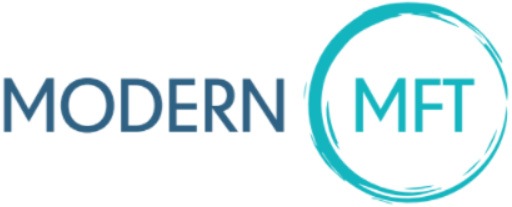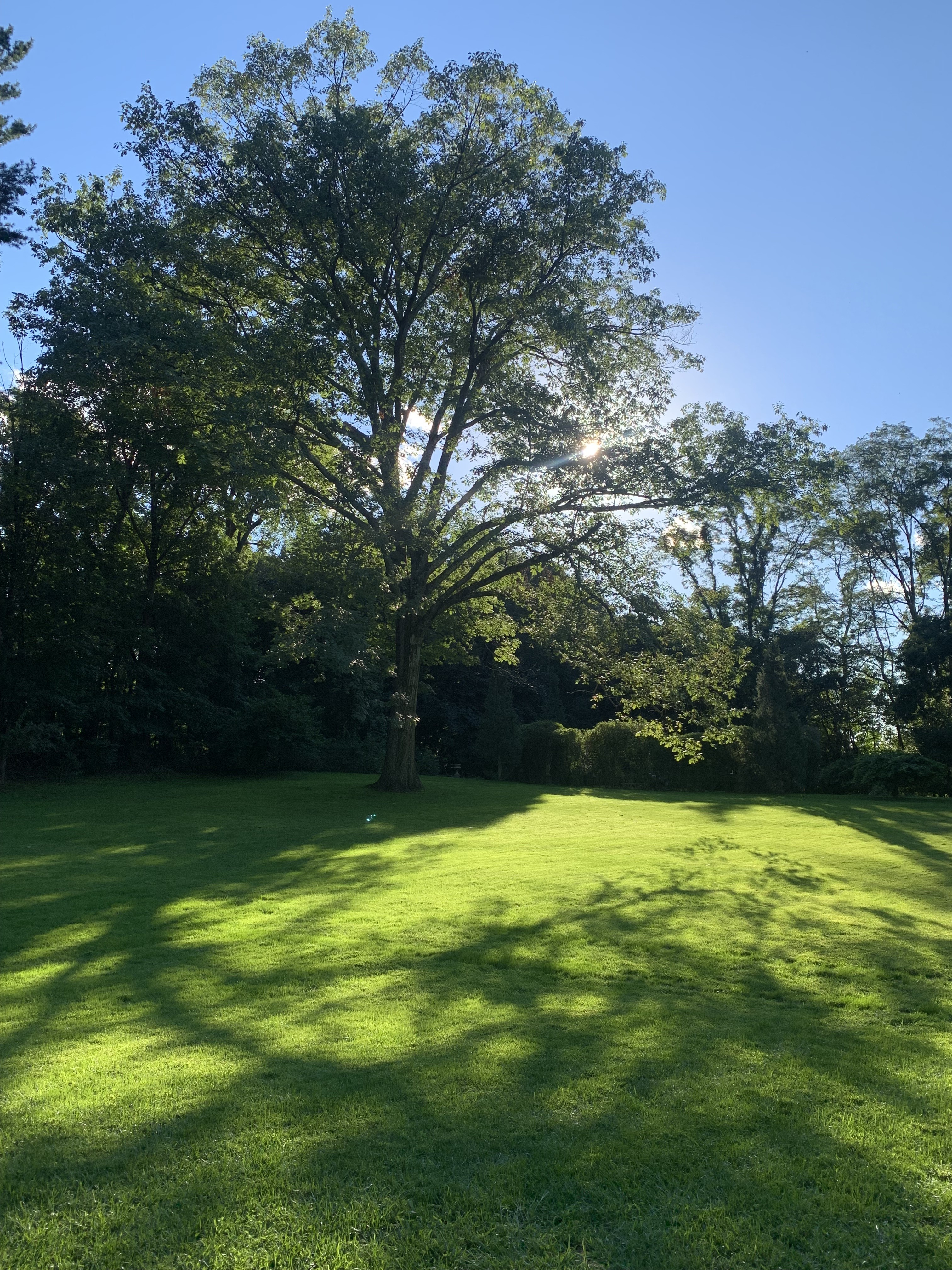“We desperately need a more open dialogue about how severely heartbreak impacts our emotions and functioning. And for such discussions to be productive, we have to disavow ourselves of the notion that there is something childish, embarrassing, or inappropriate about feeling severe emotional anguish when our heart is broken because heartbreak is devastating at any age.” –Guy Winch
Dealing With Heartbreak…
Breakups can be one of the most painful emotional experiences whether or not you initiated it or even when they’re mutual. Often they involve many complicated emotions all at once—maybe you didn’t want it to end, and so you feel a deep and painful void. Or maybe you feel it was right that it ended but still deeply miss the person or aspects of the relationship you shared together.
Overwhelming Grief…
It might even feel like the loneliness can only be resolved by being with the person again. You might have regrets, unanswered questions, and many worries about the future–this is normal and to be expected. The grieving process can be overwhelming and feel like a double whammy in some ways—you might miss the person and then also the life you built together. You might know it’s for the best, but feel a deep sadness inside. Healing is possible and it starts with self reflection.
Deepening Self-Awareness…
Breakups bring a new beginning that we might not feel ready to step into fully. If you’re lucky, you may have had the chance to process your emotions together, but so often relationships end without this opportunity. When we honor our unique process of healing it allows us to move forward with greater clarity and intention.
You can learn to acknowledge:
“I am in pain, how can I allow myself to be curious about this experience?”
“How can I take care of myself through this rough patch?”
Allowing yourself the space and time to grieve, to reflect, and to use your supports can help you move through the pain and build greater awareness for yourself as a partner. We often want ‘resolve’ emotional pain ASAP, but our hearts just don’t work that way. Often, there is important work to engage in around this ending so that you can be available, receptive, and ready for your new beginning. Dating with intention is a unique process. It can be worthwhile to check in with self and make any updates as necessary.
How Therapy Can Help…
When we take the time to explore our inner world and address past hurts, we experience a powerful shift. To help begin the exploration process, you can ask yourself:
What are my beliefs about relationships?
What constitutes a healthy relationship?
How do I make space for my needs?
What are my own personal goals in life? What are my dreams and why? How do I want to feel in my relationships?
Relationship beliefs can be both helpful/ unhelpful, here are a few covered in the evidence-based Seeking Safety model by Dr. Lisa Najavits:
Helpful beliefs:
Seeks understanding, not blame
In healthy, close relationships, anything can be talked about
While losing a relationship may be painful, I can mourn and move on
A good relationship requires effort but is worth it
It is better to be alone than in a bad relationship
Unhelpful beliefs:
I am always wrong, the other person is always right
Good relationships are easy
I must be liked by everyone
The other person has to change
Bad relationships are all I can get
Which ones resonate for you?
In healing yourself and addressing problematic patterns/ behaviors, you create new pathways of relating–which in turn can lead to greater relationship satisfaction. If you are going through a difficult breakup, perhaps MAPs For Life Transitions can help! This unique program helps you deal with major life transition so you can experience relief and a sense of hope for your future. To get started, call 917.708.7088.

